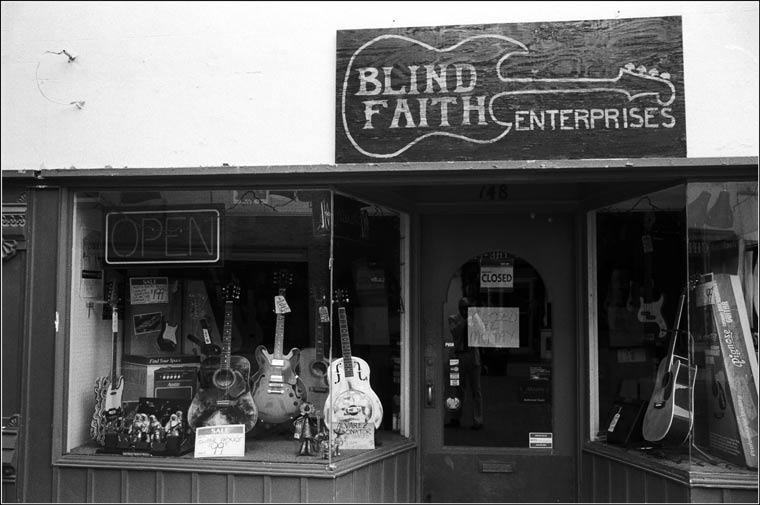During my time at Yale I had the chance to take Systematic Theology with Miroslav Volf.
To say I was excited about the class would be an understatement.
In fact, I may or may not have had a minor theology nerd meltdown the first day when Volf shared a joke his professor, Jürgen Moltmann, used to make about Karl Barth and his Church Dogmatics – “The truth cannot be that long.” If you’re a theology nerd like me, you’ll understand exactly why everything about that is just too awesome for words.
Anyway, during his introductory lecture on the first day of class, Prof. Volf said something I thought was brilliant. Actually, he said several brilliant things, but this one stuck out to me the most.
He said, “The faith you have may be worth losing.”
It’s not often you hear Christian theologians tell their seminary students they may need to lose their faith.
But, of course, that’s not exactly what he meant. Prof. Volf wasn’t calling on us to completely abandon our faith in God. Being a Christian himself that would have been a bit hypocritical, if not just plain odd.
Rather, Prof. Volf was challenging us to consider the nature of our individual faith and what it is we actually believe in and value the most. Which is something I don’t think many of us do often enough or have ever done if, as is the case for many first year seminary students, our faith is something we inherited at birth from our family and have never been without, let alone been seriously challenged to question its validity.
For those of us brought up in the Church, it’s easy to think our faith is exactly what the Christian faith is supposed to be, that our version of the faith is the version of the faith and any other version of Christianity is heresy. After all, we’ve been to Sunday School countless times. We’ve read through the Bible front to back. We almost never miss a church service. We know what to believe and what (or who) to denounce). We’ve got this Christian thing down pat.
But while all those things are well and good, is that really what Christianity is all about?
And if it’s not, do we have the courage to admit we might have been wrong about some things?
Maybe even some really important things?
Honest reflection about the things we hold most dear is an incredibly difficult thing to do. But it’s also critically important for personal growth and integrity. Which is why Christians for centuries – as well as the people of God throughout the Bible – have from time to time stopped to ask serious questions of themselves. Questions about what they’re doing with their lives, who they really are, and what it is they really believe in.
It was in the vein of this ancient tradition that Miroslav Volf challenged us to consider whether or not the faith we came to school with is really a faith worth hanging on to. Or to put it another way, is our faith really even all that Christian to begin with?
Do we really have faith in a God who loves his enemies so much he was willing to live among us, serve us, and even let us kill him in order that we could have life? Do we really believe that being a Christian means incarnating that very same sort of grace filled, self-sacrificing love for others in our own lives? Do we really have hope and trust in the promises of Jesus that the kingdom of God is beginning to dawn in the here and now and that we are a part of that transformative and redemptive work in the world?
Or is our faith in a God who is bound to give us what we want because we said a few magic words at an altar?
Or do we believe the Christian life is ultimately about having all the right answers?
Or is our faith something that empowers us to neglect our neighbors and the world around us because we’re so consumed with getting to heaven?
Because if that’s the case, if our faith is all about personal gain and being right, then I think Miroslav Volf is absolutely correct.
We do have a faith worth losing.
FROM THE VAULT: As I’m always welcoming new people to the blog I sometimes like to revisit an old post or two that sparked a good conversation, but may have been missed by those who weren’t around when it was originally posted. A slightly different version of this post originally appeared about two years ago.













